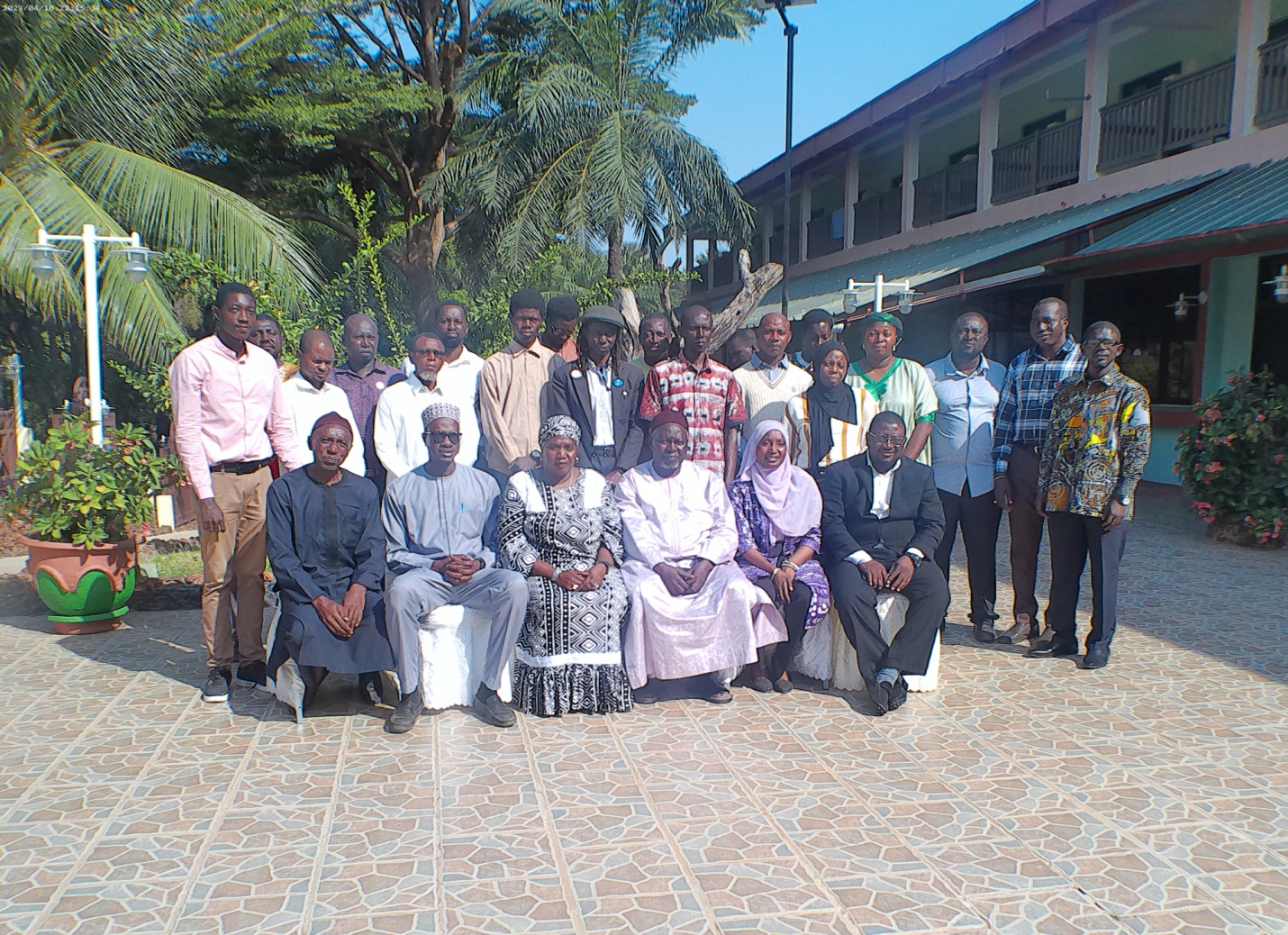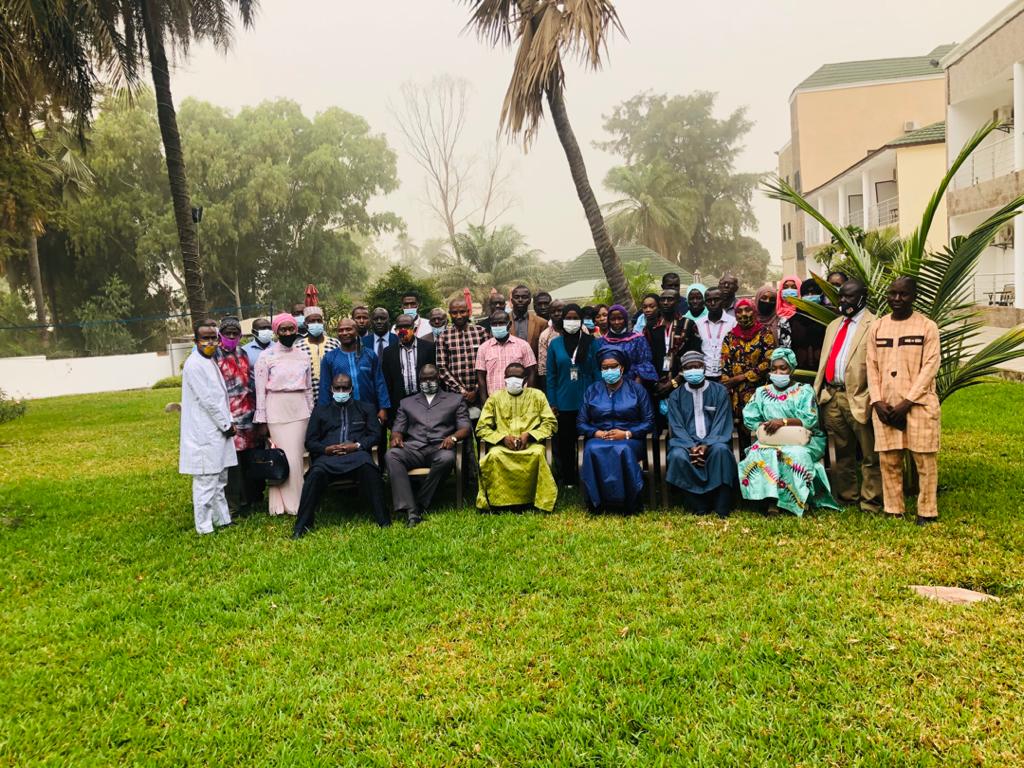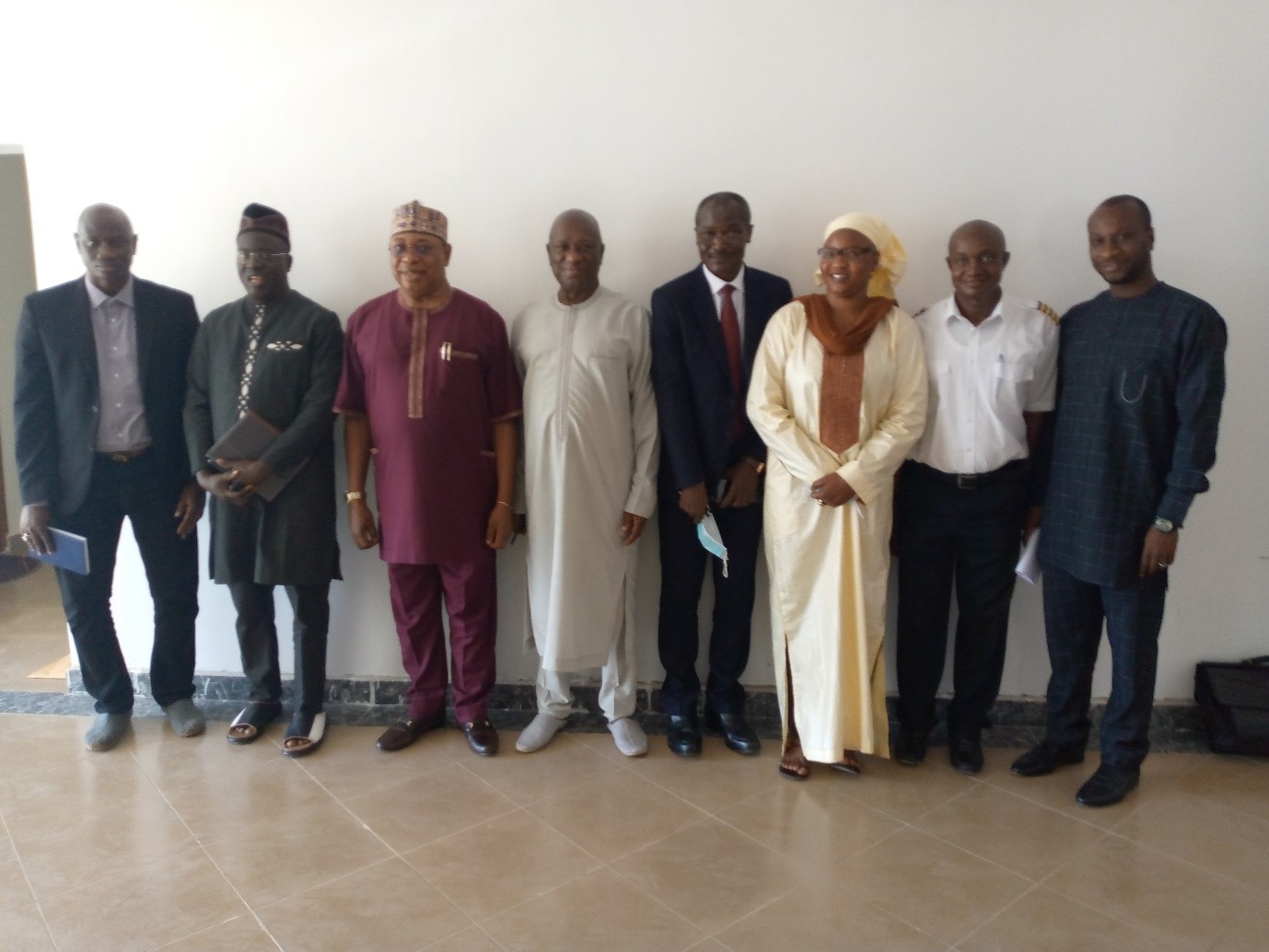By Yunus S Saliu
The Ministry of Environment, Climate Change and Natural Resources (MECCNAR) Thursday held a one-day stakeholder technical meeting for the Transformative Pilot Project for the Monitoring, Reporting and Verification (MRV) of Mitigation Actions – Monitoring the rapid rollout of Photovoltaic Systems in The Gambia.
The one-day convergence was held at the Senegambia Beach Hotel, Kololi, and brought together different stakeholders including students and lecturers from the University of The Gambia.
In her opening remarks, Ms Jainaba Fatty, the National Focal Point for MRV explained that the technical working group meeting was organized to officially launch the implementation of the MRV PV, present the concept note and work breakdown structure (WBS)/activities to the National Project Technical Committee Members (NPTC) as well discuss and clarify the terms of reference of NPTC members in the pilot project for effective climate actions.
As one of the countries entitled to funding from the Canadian Government, she said they have followed many discussions, emails, and visits, leading to the successful national consultation for the development of their respective MRV for pilot projects.
Meanwhile, “We are delighted with the steady progress leading to this technical meeting to nurture the conceived pilots or projects for our country,” she expressed.
Ms. Fatty thanked the participants for honoring their invitation to the national technical meeting held in the Gambia, noting with strong conviction that MRV for climate action on monitoring the rapid rollout of Photovoltaic Systems will create a substantial difference in the national and regional actions against the impacts of Climate Change.
Adding that “As for the Gambia we have conceived three pilot concepts and this meeting today is organised by one of the pilots ‘coordinators, which is maiden in nature and the country is very eager to unfold gradually for greatness in our development aspirations.”
Stepping in for the Deputy Permanent Secretary of MECCNAR, Mr Abubacarr Saidy Jallow informed that the project aims to support national development priorities and capacities to plan, finance, and achieve GHG emission reductions and the implementation of low-carbon solutions to local development challenges.
One of the major priorities of the Gambia, he noted, is to enhance technical, systemic, and institutional capacities to actively monitor the progress and impacts of climate change, energy generation, and development strategies.
He added that the project is necessary to improve the effectiveness and efficiency of policy decisions and investments to achieve the ambition of the national development target to reduce GHG emissions by 49% below business as usual within the next seven years.
Mr Jallow emphasized that the technical committee has a key role to play by providing technical guidance and monitoring the technical standards of deliverables, activities, and methodologies employed in this project.
However, Dr Mamma Sawaneh, Ms. Jainaba Fatty, and others made presentations at the daylong meeting.




